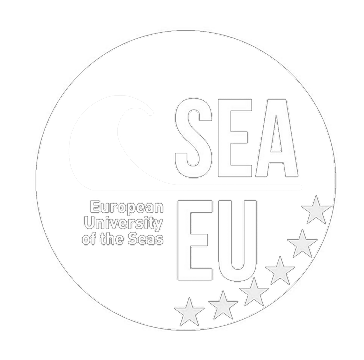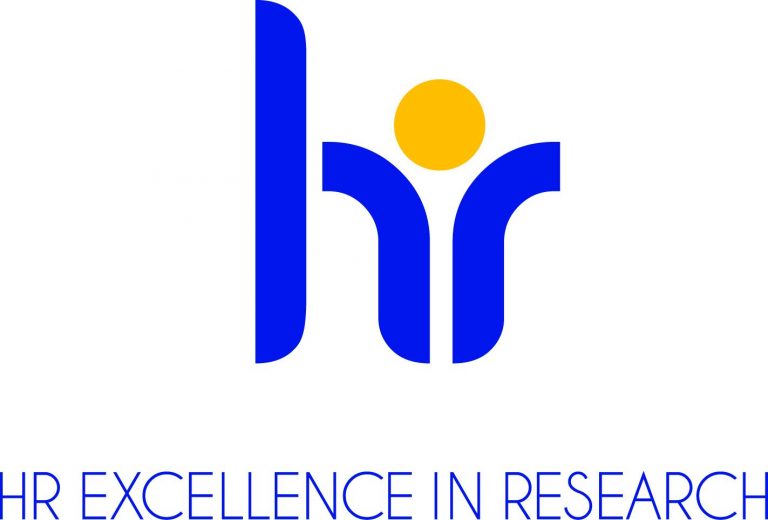The University of Cádiz has received the HR Excellence in Research Award, a distinction bestowed by the European Commission , which represents a public recognition for those institutions that have aligned their human resources policies with the principles set out in the European Charter for Researchers and The Code of Conduct for the Recruitment of Researchers. In this way, it shows its commitment to transparency in the hiring and evaluation procedures.
Both documents guarantee that researchers have the same rights and obligations in all European countries. They are key elements in European Union policy for making research a more attractive career. Furthermore, they are essential strategic elements for economic growth in Europe.
In this way, UCA joins universities such as Cambridge and Oxford, in the United Kingdom, or such as the Polytechnic University of Madrid, the Carlos III University of Madrid or the Autonomous University of Barcelona.
This distinction, the process of which began with an improvement group from the 2nd PEUCA, is a great achievement for the UCA and, specifically, for the Vice-Rector’s Office for Scientific and Technological Policy.


